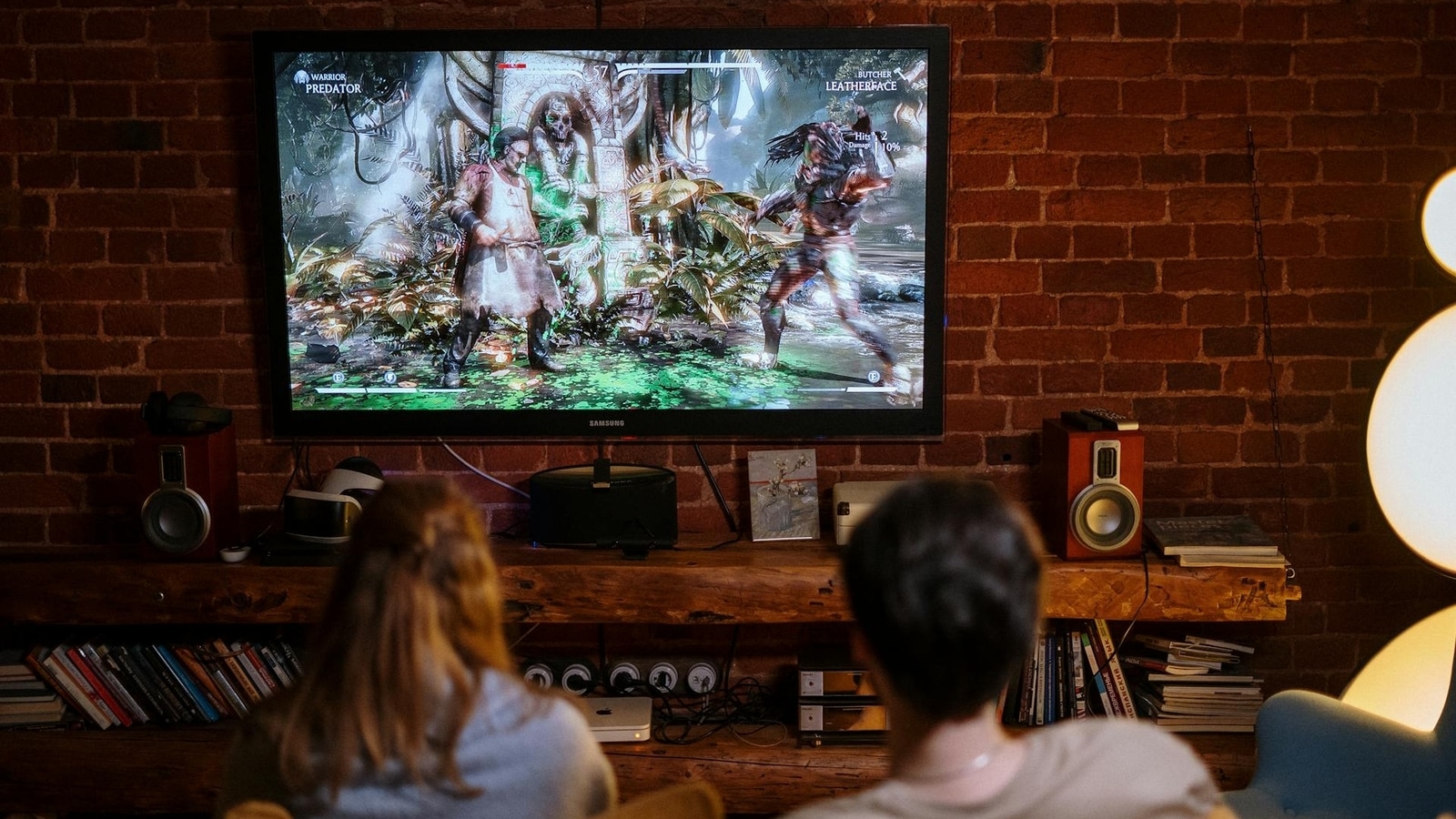The record company behind Dua Lipa, Lizzo and Led Zeppelin has a new boss, and he comes from YouTube.
Warner Music Group, the smallest of the three major music conglomerates, has chosen Robert Kyncl, the longtime chief business officer of YouTube, as its next chief executive, effective Jan. 1, the company announced on Tuesday, confirming speculation that has buzzed around the music business for weeks. Kyncl will take the reins from Stephen Cooper, who has led Warner Music — home to labels like Atlantic, Warner Records and Nonesuch, as well as the music publisher Warner Chappell — since 2011.
When the job of running one of the music industry’s big companies becomes available, it has often been seen as a game of thrones, with longtime music executives and talent wranglers usually viewed as the most likely candidates. In choosing Kyncl, Warner and its board — the chairman is Len Blavatnik, the Ukrainian-born American and British billionaire — looked to the intersection of entertainment and tech, where Kyncl, 52, has long been a major player. He joined YouTube in 2010 and, as its top business executive, helped turn it into a force in entertainment; before that, he spent seven years at Netflix, where he worked on content partnerships.
Cooper, who revealed his plans to leave the company in June, joined Warner from even farther afield, having been known as a so-called corporate turnaround expert, working to rejuvenate troubled companies like Krispy Kreme and MGM.
When Cooper took over Warner, it had recently been purchased for $3.3 billion by Access Industries, Blavatnik’s company. The music industry was then still widely seen as in a terminal decline after being disrupted by online file-sharing and the shift to online download sales. Now, the industry has been reinvigorated by streaming, and Warner, after going public two years ago, has a market capitalization of $13 billion.
For the major music companies, the next step of the industry’s evolution may rest with social media outlets like TikTok and gaming platforms like Fortnite, where music consumption is enormous but the economics have not been sorted out fully. In a statement, Kyncl signaled his interest in those areas.
“We’re just at the beginning of what’s possible in recognizing music’s true power, value and reach,” Kyncl said. “Thanks to Steve and his team, WMG is very well positioned for a future of serving artists and songwriters, as well as their fans.”
YouTube itself has gone from the music industry’s biggest frenemy — beloved by fans and artists for its reach and ease of use, but criticized for low payouts — to one of its most valued partners.
Last week, YouTube announced that it had paid $6 billion to the music industry over the 12 months that ended in June 2022, up from $4 billion the year before. The author of the company blog post containing that announcement was Lyor Cohen, a longtime music executive who left Warner Music in 2016 to become the global head of music at YouTube. In addition to its all-encompassing video platform, YouTube has a streaming service, YouTube Music, that competes with outlets like Spotify and Apple Music.
The Warner Music Group, which traces its origins to the Warner Bros. film studio in the 1950s, was seen for much of the 1970s, ’80s and ’90s as the most prestigious record company, with executives who had close and supportive relationships with artists like Fleetwood Mac, Prince and R.E.M. Mo Ostin, the revered head of the Warner Bros. label for much of that period, died last month at 95. With 11 years at the helm, Cooper is the longest-serving chief executive of Warner Music Group, the corporate umbrella for all of Warner’s labels.
After a phase of corporate tumult in the mid-90s, Warner lost its position as the market leader. Its share of the global recorded-music business in 2021 was about 17 percent, trailing Sony, with 22 percent, and Universal, with 32 percent, according to estimates by Music & Copyright, a trade publication. (In reality, the reach of those companies is significantly larger, since each operates distribution branches that release music on independent labels.)
The top leaders at Warner’s competitors are both career music executives: Lucian Grainge is the chief executive of Universal Music Group, and Rob Stringer is the chief of Sony Music Entertainment.
According to Warner’s announcement, Kyncl and Cooper will serve as co-chief executives in January. On Feb. 1, Kyncl will become the sole chief executive and assume Cooper’s seat on the company’s board.























